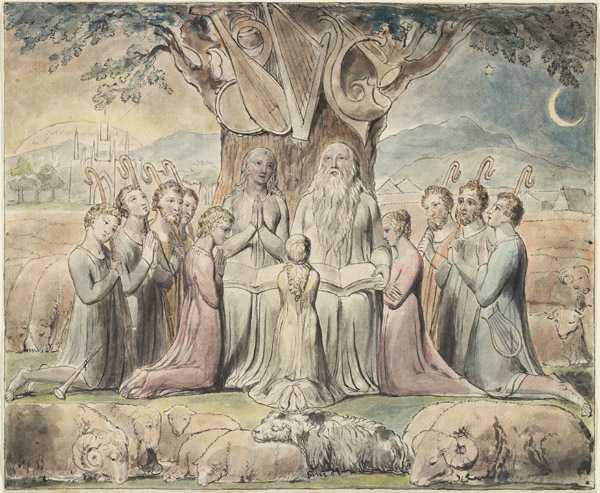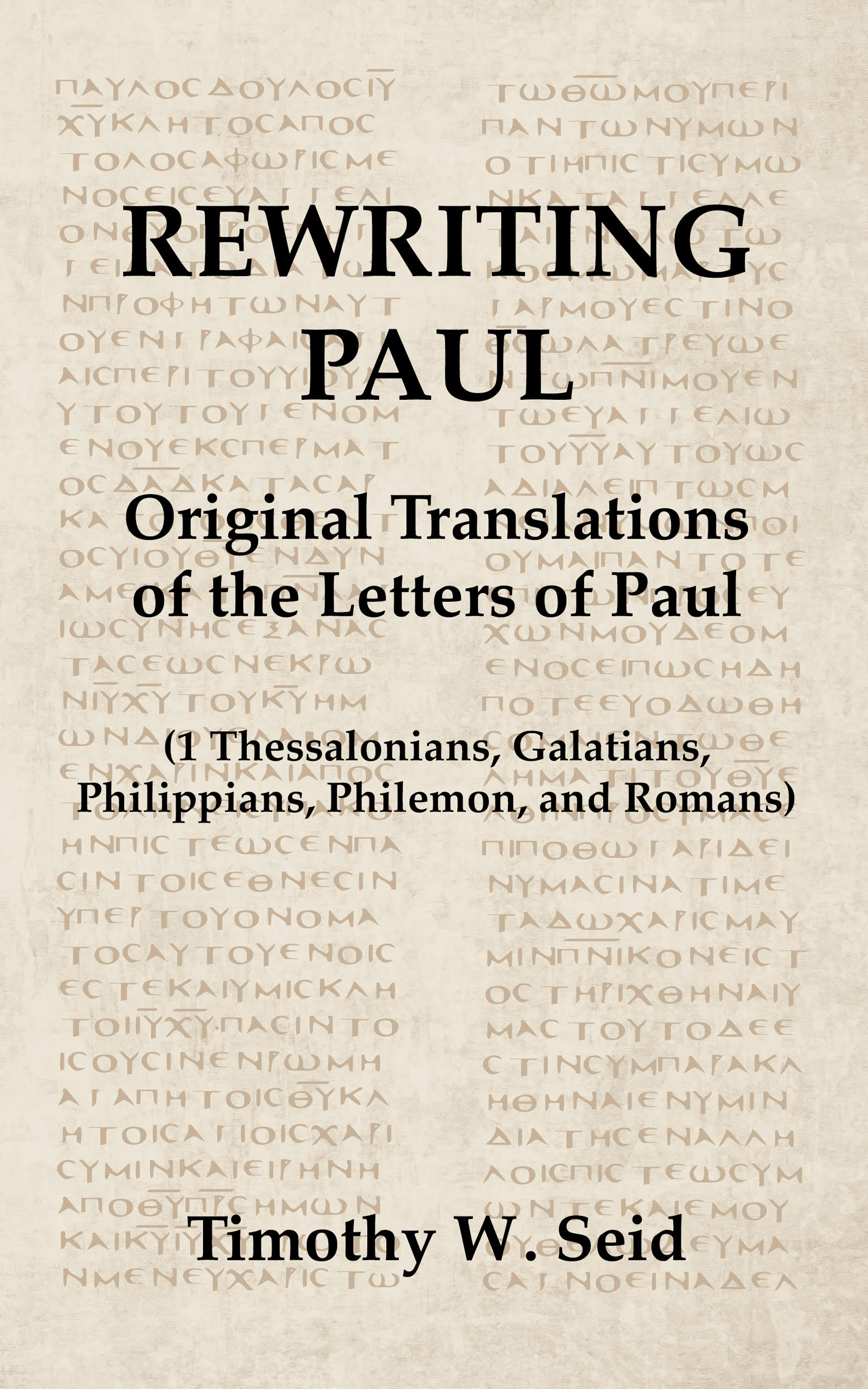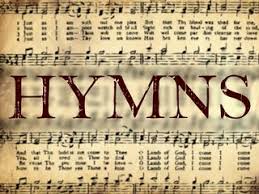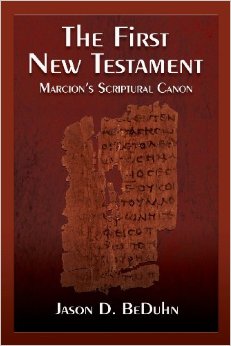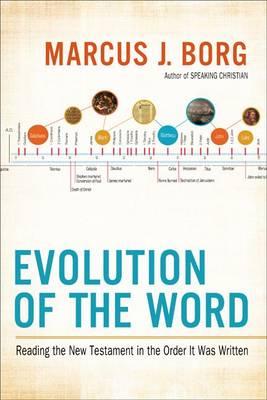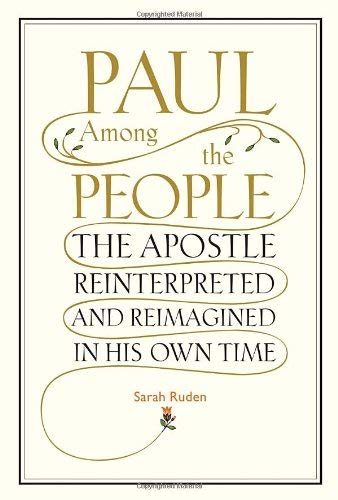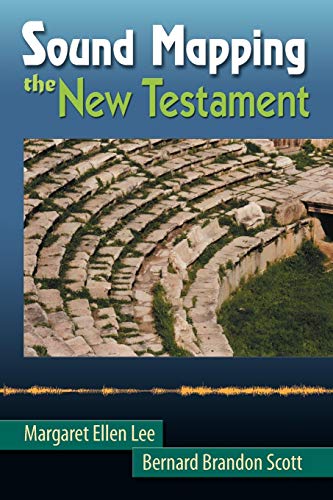A Study of His Biblical Masterpiece as an Act of Rebellion
It is widely known among biblical scholars that The Book of Job is an outlier among other biblical books in that it provides overt criticism of established Ancient Hebrew beliefs and doctrines.
It’s fair to say that two points of view concerning the life and death of Jesus developed early within Christianity. One was carried by the Christian West and is still prominent in the West today. The other was carried by the Christian East and may not be as well known to a lot of Western Christians.
(1 Thessalonians, Galatians, Philippians, Philemon, and Romans)
Popular translations of the Bible are too generic for anyone to reach a definitive interpretation and often perpetuate old concepts. Tim Seid takes a bold approach to Christian origins and offers fresh translations of the earliest of the New Testament authors.
The story of Job shows us that our wishful thinking is not the case and that if we are to engage “evil” effectively as progressive Christians, or even live meaningfully in the world, we must first imagine what a just God’s expectations of, and trust in, us would involve and what expectations we should have about God.
When theology unnerves those who seek a mythic past, are there echoes of the Christ shaking faith that it might last?
The Monkey and the Well
To succeed at any undertaking requires the ability to calmly focus our energy. Without concentration even our best efforts are weakened — even our efforts to love, meditate, or simply pray.
If we look honestly at our mistakes and listen within for guidance, we will discover our true identity as an unlimited spirit.
Finding ways to be a blessing to others is the best way to avoid doing harm. The idea of non-injury or harmlessness extends beyond our actions to our words and thoughts as well. We don’t want to burden children with guilt about their thoughts, but we want to offer opportunities to infuse their hearts and minds with thoughts of blessing and peace toward others.
Humility does not mean self-abasement — it means recognizing an infinite power greater than our little self. Where does humility come in when self-esteem and self-confidence are valued so highly in our society?
Courage does not mean fearlessness and is a quality that exists within all beings and can be accessed at any time. We need only to turn inward to face life’s challenges with the courage that is already ours. Feeling anxious or fearful of new outward circumstances is normal for most people, but finding the courage to face those circumstances means recognizing that our divine nature is perfectly equipped and we have the inner resources to handle challenges.
The more we choose to see beauty and goodness, the more we will live in happiness and joy. High-mindedness is looking at life’s experiences from the high ground, where beauty and joy can be seen beyond ugliness and hardship that can cloud our vision. It is a conscious choice to keep company with positive thoughts and to be happy. High-mindedness is not pretending ugliness does not exist; it is really a celebration of divine goodness everywhere.
Ruminating over this Sunday's prescribed reading from Job 38, my mind harkens back to 2012, when I had the privilege of attending a series of lectures given by the great Phyllis Tickle who described the current reformation that the church is experiencing as part of a cultural phenomenon that happens about every 500 years, which she calls "The Great Emergence". When asked what skills religious leaders will need to navigate the information age, Tickle insisted that the best advice we could give to anyone considering a religious vocation was that they should study physics.
From the Celebrating Mystery collection
“I GREET THAT OF THE COSMOS WITHIN YOU”
Civilization defines justice as retribution – payback; an eye for an eye. But the deeper meaning of justice is distributive: the rain falls on the good, the bad, and the ugly without partiality. Civilization does not use that definition except in cases where there is clearly injustice if partiality enters the picture.
The church as we know it came about when one group of believers was opposed by a dissenting group. Then it became necessary for each group to define their concepts of Christianity and to label all others heretics.
Hebrew Scripture’s View of Life after Death It wasn’t until after the Babylonian Exile that the Pharisees accepted the idea of heaven and
For many Christians, a supernatural theistic God is a daily reality in their lives, but for many others, this kind of God is simply not there. They long to feel God’s presence and God’s love, but instead they experience emptiness and isolation. They worship God in church, but find that God is not present in the sanctuary. They pray fervently to God in private moments, but realize that their prayers often go unanswered. In the end, there is only silence.2 The biblical character of Job cried out to God in despair, “I cry to you God, but you do not answer. I stand before you, and you don’t even bother to look.”3
I think we need some method of communicating with God and prayer is the logical answer. But prayer in which we stop everything we are doing, get down on our knees, fold our hands and pray is not my idea of prayer. I think we should try to communicate with God any time we have a second to think about God or ask God to be with a loved one or friend, or share anything in our life with God. While driving, when watching TV, while on the lake alone, working in the garden, any of those times and many more, we should take a moment to commune (talk, whatever word you want to use) with God. It may be that those moments are more for us than for God, but I like to think that God listens and cares. I admit that I get awfully frustrated when I feel God is not listening because my petitions are not immediately answered in the way that I have requested. I know God’s answer may be “no,” but that is difficult to swallow.
When it comes to the existence of the devil, people normally have one of two reactions: they dismiss the devil and scoff at the idea that there is such an entity, or they exalt the devil, and attribute far more to him (or it) than is deserved. In a recent Gallup poll, 70% of Americans believe in the devil. Half of those surveyed believe that he (this evil force is most often referred to in masculine terms) is a personal force, while the other half believes he is an impersonal force. Let us see what the Bible says about Satan, the devil and the evil one.
The earliest version of the New Testament, now in English for the first time! History preserves the name of the person responsible for the first New Testament, the circumstances surrounding his work, and even the date he decided to build a textual foundation for his fledgling Christian community. So why do so few people know about him? Jason BeDuhn introduces Marcion, reconstructs his text, and explores his impact on the study of Luke-Acts, the two-source theory, and the Q hypothesis.
The New Testament in the Order the Books Were Written
the full-text of the New Testament—and one of the only Bibles organized in chronological order and including explanatory annotations that give readers a more informed understanding of the Scripture
Who Is the Whore of Babylon?
A typical interpretation when reading the Book of Revelation is John’s attempt to answer the interminable question: How exactly will God, once and for all, set things right? When will the “sorrow and weeping be no more,” and the “tear wiped from every eye?” After reinterpreting over and over again the imminent end that has been repeatedly put on indefinite hold, it merely begs the question, why the postponement? When Revelation is instead understood to be political commentary spun in the form of a fantastic allegorical tale that can be reinterpreted and applied again and again, the question in each succeeding era has more to do with asking the question: Who is the Whore of Babylon, and all she represents? How can we be so easily seduced? And have the words and life of the Galilean sage been lost, even from the time John had his nightmarish vision to our own succumbing today? Read more.
2) The Hebrew scriptures, or the Old Testament, represent a religious tradition that is independent of the later Christian faith. The Hebrew scriptures aren't about Jesus, although the Christian scriptures include many references to the Hebrew scriptures. To honor the fundamental differences between the two sets of scriptures doubles the spiritual significance of the entire Bible.
The epic, yet intimate, story follows the life journey of Jack O'Brien (played as an adult by Penn), the eldest son of a fractured Midwestern family. Pitt delivers a powerful performance as the cataclysmic force of nature in Jack's world, his complex and rigidly authoritarian father.
“Sin” is not about sex, or petty transgression. “Sin” is about the seduction of power-over others; of the gratification of having what others cannot have.
In Paul Among the People, Sarah Ruden explores the meanings of his words and shows how they might have affected readers in his own time and culture. She describes as well how his writings represented the new church as an alternative to old ways of thinking, feeling, and living.
In the Hellenistic world, writings were read aloud, heard and remembered. But modern exegesis assumes a silent text. The disjuncture between ancient...
♥ Humility does not mean self-abasement, it means recognizing an Infinite power greater than our little self.
First celebrated in 1898, the Universal Day of Prayer for Students is observed on the third Sunday of February; in 2010 it is celebrated on February 21st. The UDPS is one of the oldest ecumenical days of prayer. In line with WSCF's theme for 2010 the UDPS theme is 'Climate Justice'. Former WSCF Chairperson Rev. Ejike Okoro of Nigeria has prepared the 2010 UDPS liturgy and accompanying Bible study on behalf of the Africa region.

